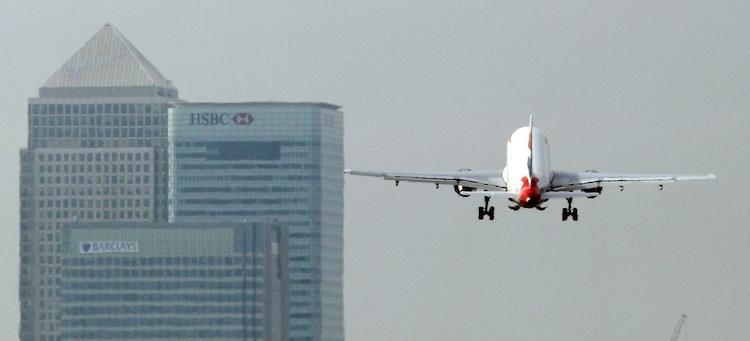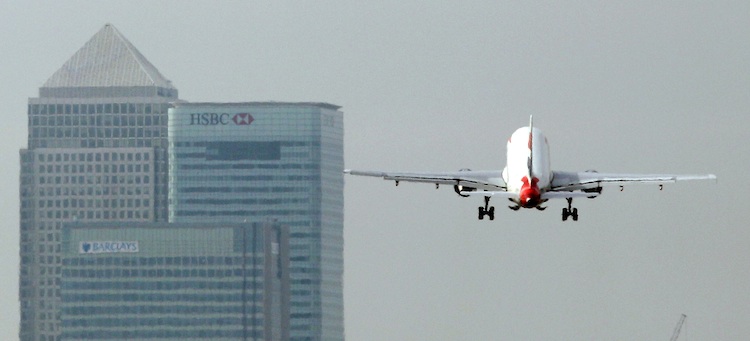Starting in the new year, airlines will have to buy credit for the amount of carbon emitted by planes flying in or out of the European Union after a high court ruled last week to uphold the mandate.
The EU’s emissions trading scheme goes into effect starting Jan 1. The 27-nation bloc hopes that it will decrease the amount of carbon emitted from planes while promoting investments in green technology.
The Airlines for America trade organization challenged the trading scheme, arguing that the EU was violating international laws by forcing air carriers based outside of Europe to abide by its carbon laws and forced an unnecessary tax on them.
European Court of Justice last Wednesday ruled against them. The “Court of Justice confirms the validity of the directive that includes aviation activities in the emissions trading scheme,” the court said in a statement.
Now, airliners flying in or out of EU airspace will have to pay for carbon permits on 15 percent of every flight’s emissions. The trade scheme is an extension of an already existing mandate that affects more than 10,000 power plants and factories throughout Europe.
The EU has faced a large amount of international pressure to step back on implementing the deal. Challengers said that it circumvents the 1997 Kyoto Protocol, the Chicago Convention, and the Open Skies Agreement because it imposes a tax on the consumption of fuel.
The Airlines for America, while not happy with the decision, calling the carbon scheme an “exorbitant tax,” said it would abide by it, but plans further court action.
“The U.S. government and dozens of others around the world are increasing pressure on the EU to come back to the table to consider a global sectoral approach,” it said in a statement.
According to a recent analysis from Reuters, the carbon scheme will likely cost passengers traveling between the United States and Europe an extra $50 to $90 per ticket.
Mike Miller of the American Aviation Institute think tank said, “The bottom line is that this is a tax on passengers” and said it could result in a “drop in demand, [it] may push upward of 10 million travelers not to travel.”
While it was not surprised by the EU court decision, Tony Tyler, the CEO of the International Air Transport Association, said the planned carbon trading scheme “does not bring us any closer to a much-needed global approach to economic measures to account for aviation’s international emissions,” according to a statement.
A unilateral agreement to tax airliners in the EU bloc is “not the way forward,” Tyler said.






